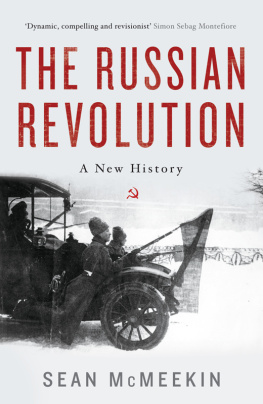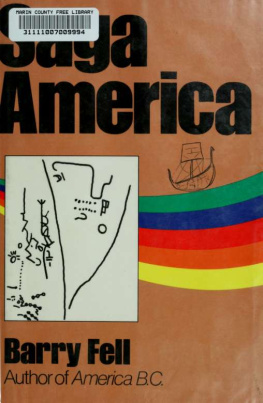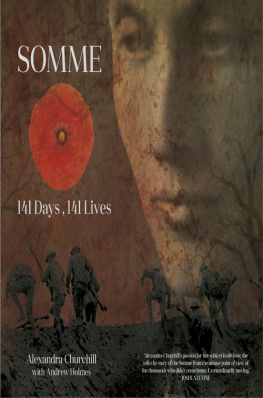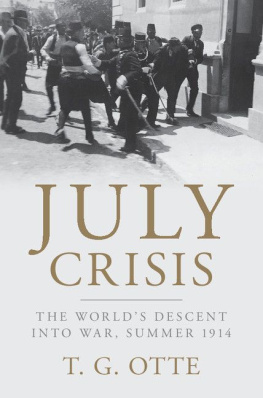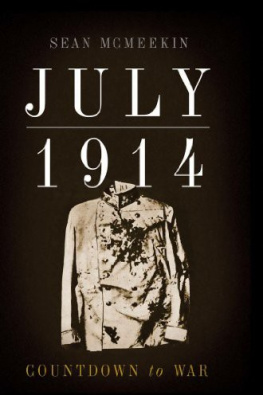I WOULD LIKE TO THANK MY AGENT, Andrew Lownie, for taking on this project and sharpening it with his suggestions. Likewise, I am indebted to Lara Heimert of Basic Books for believing in the book and to Roger Labrie and Beth Wright for sharpening my prose. It is always a pleasure to find editors who share ones enthusiasm for a subject. I am also indebted to the archivists without whom I could not have told my story. I have spent many happy months in the Foreign Office archives of Germany, Austria, Russia, France, and England. While it is impossible to thank everyone, I would like to single out Joachim Tepperberg of the Haus-, Hof- und Staatsarchiv in Vienna and Mareike Fossenberg of the Politisches Archiv des Auswrtigen Amtes in Berlin, both of whom performed wonders on my behalf.
I have drawn inspiration from secondary works. Like many other historians (particularly Americans, for whom the First World War is not quite as central to our own national story as it is for Europeans), I first fell in love with the subject when I devoured Barbara Tuchmans The Guns of August (1962). I still have my tattered old paperback edition, with its cover price (75 cents) reminding me that it comes from another era. While not all of her conclusions have stood up over time, Tuchmans perfectly wrought character sketches and incomparable scene settings ensure that her book will always find an audience among history lovers. The best thing about The Guns of August, for my purposes, is that she left the July crisis alone, picking up her narrative only on 1 August.
The historical literature on the July crisis of 1914 is vast, although not quite so vast as that on the First World War, which resulted from it. Anyone who tackles the July crisis realizes that, on almost any issue of scholarly dispute, Sidney Fay, Bernadotte Schmitt, or Luigi Albertini got there first. It is impossible to write about July 1914 without developing an intimate relationship with Albertinis three-volume history. This is also true of the great documentary collections compiled by the major powers after the war. While the odd document slipped through the cracks, and revelations continue to emerge from former Soviet or Eastern Bloc archives opened in 1991 (of which I can claim credit for some), for the most part the basic documentation on the July crisis has remained unchanged since the 1930s. Like Albertinis, like that of nearly all historians, my narrative draws primarily on these great documentary collections. I am grateful to their editors, particularly those behind the famous Kautsky-Montgelas-Schckert series of German documents, which reproduces not only the full text of most key telegrams but also marginalia scribbled on them, with precise time-dating, down to the minute, for dispatch, decoding, and even when they were read by the chancellor or kaiser.
It has always been my preference to go back to the sources directly, rather than to filter my interpretation through those of others. For this reason, while acknowledging my debts to the historians in the bibliography, I have kept my narrative as clean as possible, eschewing scholarly disputation in the main text. Those wishing to read further may consult the bibliography; those interested in sources and the fine points of debate will find them in the endnotes.
For readers, I can offer a note on 1914-era diplomatic terminology.
Choristers Bridge is shorthand for the Imperial Russian Foreign Ministry. Whitehall stands for the British Foreign Office (and/or government), the Wilhelmstrasse for the German Foreign Office (and/or the Chancellery), the Ballhausplatz (or Ballplatz) for the Austro-Hungarian government, and Quai dOrsay for the French Foreign Ministry.
T HE PLACE TO BEGIN any study of the July crisis remains Luigi Albertinis superb three-volume history of The Origins of the War of 1914, available in English translation by Isabella M. Massey (Oxford University Press, 1952). Albertinis curiosity and energy were boundless; he not only tracked down thousands of documents but also conducted interviews with many of the principals. His history, owing in part to the collaborative effort of Professor Luciano Magrini (who finished assembling the volumes after Albertinis death), is thorough and meticulous, covering, annotating, and excerpting virtually all relevant diplomatic correspondence from the Austro-Hungarian Ausgleich of 1867 to August 1914. Todays historians are also indebted to Professor Samuel R. Williamson Jr., who brought out a new edition from Enigma Books in 2005 (this is the one I have used). As Williamson writes in the foreword, whenever I need to check a date, verify a name, or simply to be reminded of the qualities and attributes of a great historical work, I reach for Albertini. I do the same.
The only thing one needs to be a bit wary about with Albertini is the translations. This is no fault of Albertini, Magrini, or Massey; rather it reflects the inevitable difficulty of rendering documents from a multitude of languages (English, French, German, Russian, Serbo-Croatian) into Albertinis Italian and then English. For the most part, Massey did a superb job. When I cite Albertini in the notes, I am using Masseys translation.
The volumes of Sidney Fay and Bernadotte Schmitt, which came out before Albertinis and thus missed some of the material that became available in the 1930s, nevertheless remain essential reading. Fay, in The Origins of the World War, 2 vols. (Macmillan, 1935), is particularly good on the Black Hand and the milieu in Sarajevo, and also on the Russian mobilization. Schmitts The Coming of the War, 1914, 2 vols. (Charles Scribners Sons, 1930) is strong on the last days of July and the first days of August, and particularly on Belgium, where Fays own volume tends to tail off.
Of course, many fine studies have appeared since those of Fay, Schmitt, and Albertini. Following Albertinis lead, Imanuel Geiss produced a kind of annotated documentary history in two volumes (Julikrise und Kriegsausbruch 1914, 19631964), which adds a number of documents, including those published by the Bolsheviks, to the ones originally reproduced in the Kautsky volumes of German documents published after the war. An abridged English-language translation was also published as July 1914. Still, in his interpretation and selection of documents to include (or ignore), Geiss, along with Fritz Fischer (Griff nach der Weltmacht, 1961; Krieg der Illusionen, 1969) and Holger Herwig (recently, with Richard Hamilton, The Origins of World War I, 2003) has come to stand for a kind of Germanocentric orthodoxy that I find ultimately unsatisfying. The fashion in recent years, among many First World War historians, has been to say that the revelations of Fischer-Geiss-Herwig relating to Germanys long-term ambitions and her short-term premeditation during July 1914 (the preventive war) have superseded the more balanced interpretations of Fay, Albertini, and Schmitt. In this vein, see especially David Fromkin, Europes Last Summer: Who Started the Great War in 1914? (Knopf, 2004).
As I have already made clear in my own The Russian Origins of the First World War (Harvard, 2011), I do not agree with the German preventive war thesis. Even in what we might call the high Fritz Fischer era (i.e., the 1960s1970s), thoughtful historians, refusing to buckle to the emerging orthodoxy, continued producing more nuanced interpretations of the July crisis. Among them I think L. C. F. Turners work has best stood the test of time. Turner produced excellent studies on both Germanys role in the outbreak of the war (as in his critical study of the Schlieffen Plan in the 1979 Paul Kennedy volume on the War Plans of the Great Powers) and the importance of Russias early mobilization (The Russian Mobilization in 1914, published in 1968). Turners elegant, concise study,



